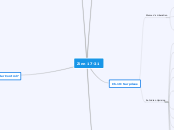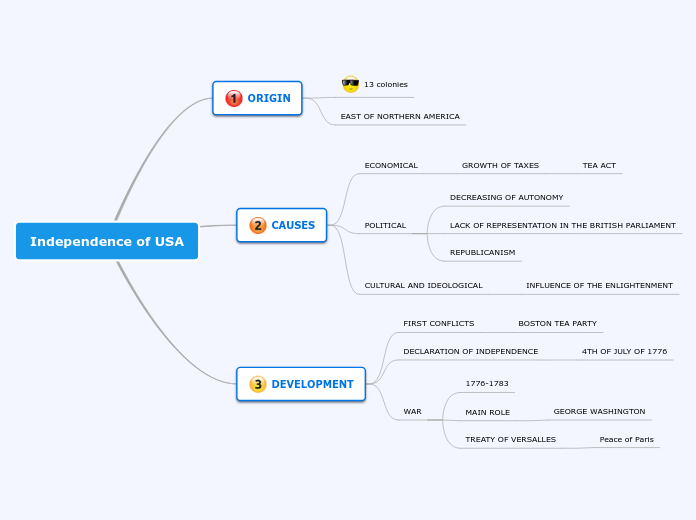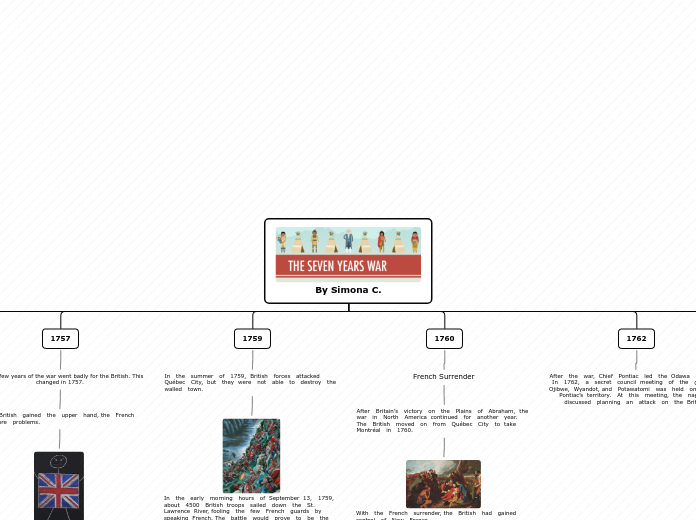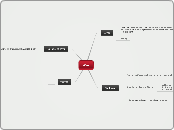av Carlin Spagnola för 6 årar sedan
169
Zinn 17-21
In early 1991, the U.S. Congress authorized President George H.W. Bush to initiate military action, leading to the brief Gulf War against Iraq. Despite the conflict's short duration, it demonstrated American military prowess but left Saddam Hussein in power.









